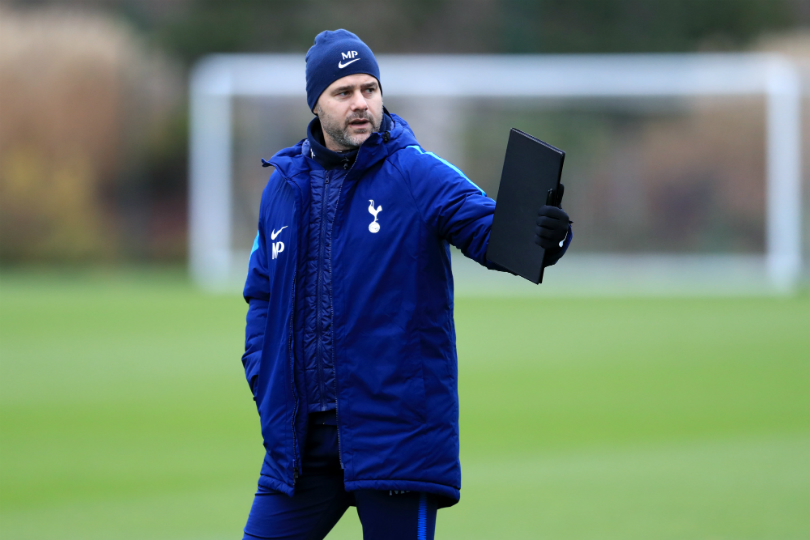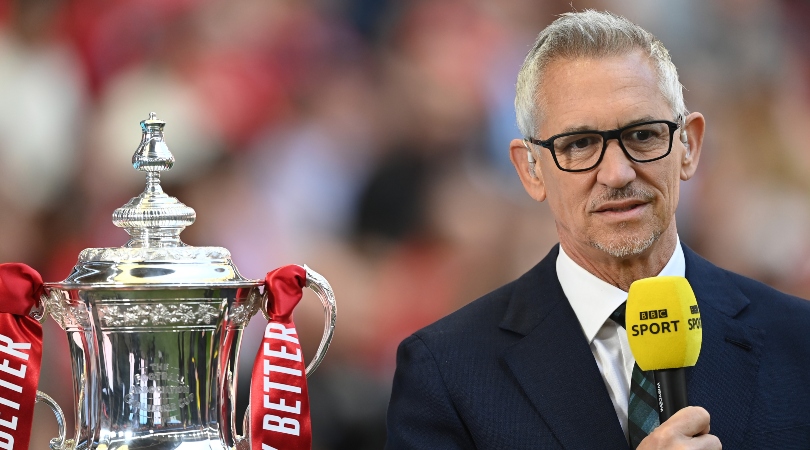The making of Mauricio Pochettino
How Mauricio Pochettino's schooling under Marcelo Bielsa and marking Ronaldo prepared him for management

Two men approach the front door of farm labourer Hector Pochettino’s family home in Murphy, a nondescript town of barely 4,000 people in the Santa Fe province. It’s 2am on a chilly morning in early 1985 and Marcelo Bielsa and Jorge Griffa – in charge of scouting for Newell’s Old Boys academy – have travelled more than three hours in a battered Fiat 147 looking for Hector’s 13-year-old son, Mauricio.
They are convinced the province contains some untapped gems for the next generation of Newell’s. Though a defender, Pochettino Jr has been scoring freely as a makeshift centre-forward for his local club.
They knock at the door. A sleepy Hector answers. “Can we speak to your son?” they excitedly ask, almost in unison.
Pochettino’s parents hurriedly wake up little Mauricio.
“Look at him, Jorge!” exclaims Bielsa to Griffa. “He’s got the legs of a footballer.”
Seven years later and now first-team manager, Bielsa gave his protégé – having graduated to the first team as a sturdy central defender – some homework.
“For next Thursday, I’ll need your dossiers on San Lorenzo,” he told the 20-year-old. “And remember: read three newspapers about their last game, and whatever El Grafico publishes on Tuesday.”
The Newell’s stopper studied San Lorenzo’s strengths and weaknesses, set-piece routines and how difficult forward Alberto Acosta was to mark. Then, two days before the game, Pochettino had to present his findings - in front of the whole squad.
“It helped you find answers on the pitch,” Pochettino later recalled. If anyone was destined to be a coach, it was Poch, and Bielsa knew it. The former was the latter’s most trusted on-field lieutenant as the unfancied Newell’s – underpinned by Bielsa’s youth-team graduates and idiosyncratic, high-pressing tactics – beat Boca Juniors to the Argentine title in 1991 and reached the Copa Libertadores final the following year.
Get FourFourTwo Newsletter
The best features, fun and footballing quizzes, straight to your inbox every week.
Pochettino moved to Espanyol in 1994, the transfer fee initially funded by local newspaper proprietor Jose Manuel Lara. “I’m very grateful to Lara for giving me the chance to play for a club as important as Espanyol,” said Poch at his unveiling. “I’m strong, but I never dive in with bad intentions.”
That proved to be remarkably prescient. In 10 seasons across two spells for Los Pericos, Pochettino received 13 red cards. Only eight players have been sent off more in La Liga. When not suspended, Pochettino excelled. In 1996-97, he led a defence which shutout a Barcelona featuring 47-goal Ronaldo and three years later won the Copa del Rey, Los Pericos’ first major honour in 60 years.
“Pochettino had great charisma in the dressing room," manager Paco Flores later said. "There was also a powerful communion between players and fans and he saw the importance of that.”
The Argentine left for Paris Saint-Germain later in 2000, losing a Coupe de France final in 2003, before spending six months at Bordeaux. At the turn of the year, he took a huge wage cut to return ‘home’ to Espanyol, who were bottom of La Liga. Los Pericos didn’t lose a single game with Pochettino at the heart of the defence.
Injuries and a bust up with coach Miguel Angel Lotina gradually diminished Pocettino’s influence and he retired at the end of the 2005-06 season, almost on a whim. Within less than three years, he was back as manager, after coaching Espanyol’s women’s team.
Bielsa – who once screamed “you’re a sh*t of a defender!” at Pochettino after he was voted La Liga’s best – couldn’t be prouder of going to Murphy that early morning in 1985.
“I have, towards him, a profound admiration in every aspect from footballing to personal,” says master of apprentice. “I admire him and respect him a lot. I think he’s a great coach.”
One who came to English football partly to exorcise some demons. He had fouled Michael Owen at the 2002 World Cup to give the Three Lions a 1-0 victory against Argentina.
“There are some things that are so obvious, there’s no point in talking about them,” he said, always maintaining it wasn’t a penalty. “Take Maradona’s Hand of God. Do you think that Peter Shilton is going to ask him if it was handball? Everyone saw it. Owen knows it wasn’t a penalty, there’s no point in asking him about it.”
Andrew Murray is a freelance journalist, who regularly contributes to both the FourFourTwo magazine and website. Formerly a senior staff writer at FFT and a fluent Spanish speaker, he has interviewed major names such as Virgil van Dijk, Mohamed Salah, Sergio Aguero and Xavi. He was also named PPA New Consumer Journalist of the Year 2015.
